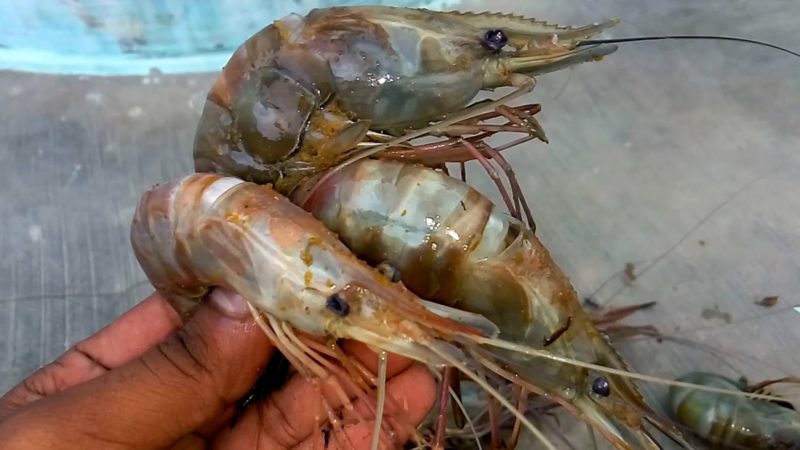The U.S. Department of Commerce announced Wednesday it will stick by an April decision to lift import duties on 32 Vietnamese shrimp exporters, following a review by the department’s International Trade Commission.
Those companies had been subjected to a 4.58 percent duty – essentially a tax to account for what U.S. shrimp producers contend are unfair advantages enjoyed by Asian warm-water shrimp companies.
It was all part of a 13th administrative review of shrimp imports by Commerce officials, who could have imposed duties over 25 percent on the Vietnamese products.
“Every country that exports shrimp to the U.S. is going through their review now,” said David Veal, executive director of the American Shrimp Processors Association, which advocates for U.S. shrimp producers and is a contestant in the regular cycle of petitioning Commerce officials to examine the market.
This round pitted the ASPA and its 185 U.S. companies with the Ad Hoc Shrimp Trade Action Committee and various companies in Vietnam. The final review started in May, and a Federal Register notice this week announced that Commerce would rescind the duty.
In its anti-dumping investigations the department picks a handful of companies to examine their costs, pricing and other factors, using the results as a proxy for the larger industry, Veal explained.
It’s an evolving regulatory process.
“As time goes on, those (foreign) companies get better and better with their records,” he said. “They learn how the game gets played, as all businesses do.”
The decision will not have much noticeable effect on the market. Vietnam already exports more than 58,000 metric tons of frozen shrimp to the U.S. annually, just part of Vietnam’s annual $1.9 billion in global sales that in 2018 placed in No. 3 in the world with almost 11 percent of frozen shrimp production.
The tariff recession comes days before a new Louisiana state law takes effect requiring restaurants to disclose to customers when they are serving imported shrimp. That measure has been long sought by the U.S. industry, whose advocates contrast wild American shrimp with farmed product from Asia that is lightly regulated and rarely inspected.
The law will have a limited effect apart from forcing restaurants to be honest with their customers, says Veal and other advocates.
“The fact is that restaurants buy on cost like anyone else,” and the price differential between U.S. and imported shrimp can be $1 to $2 per pound, Veal said.
“The thing it will do is force them to be honest with the public,” he added.







